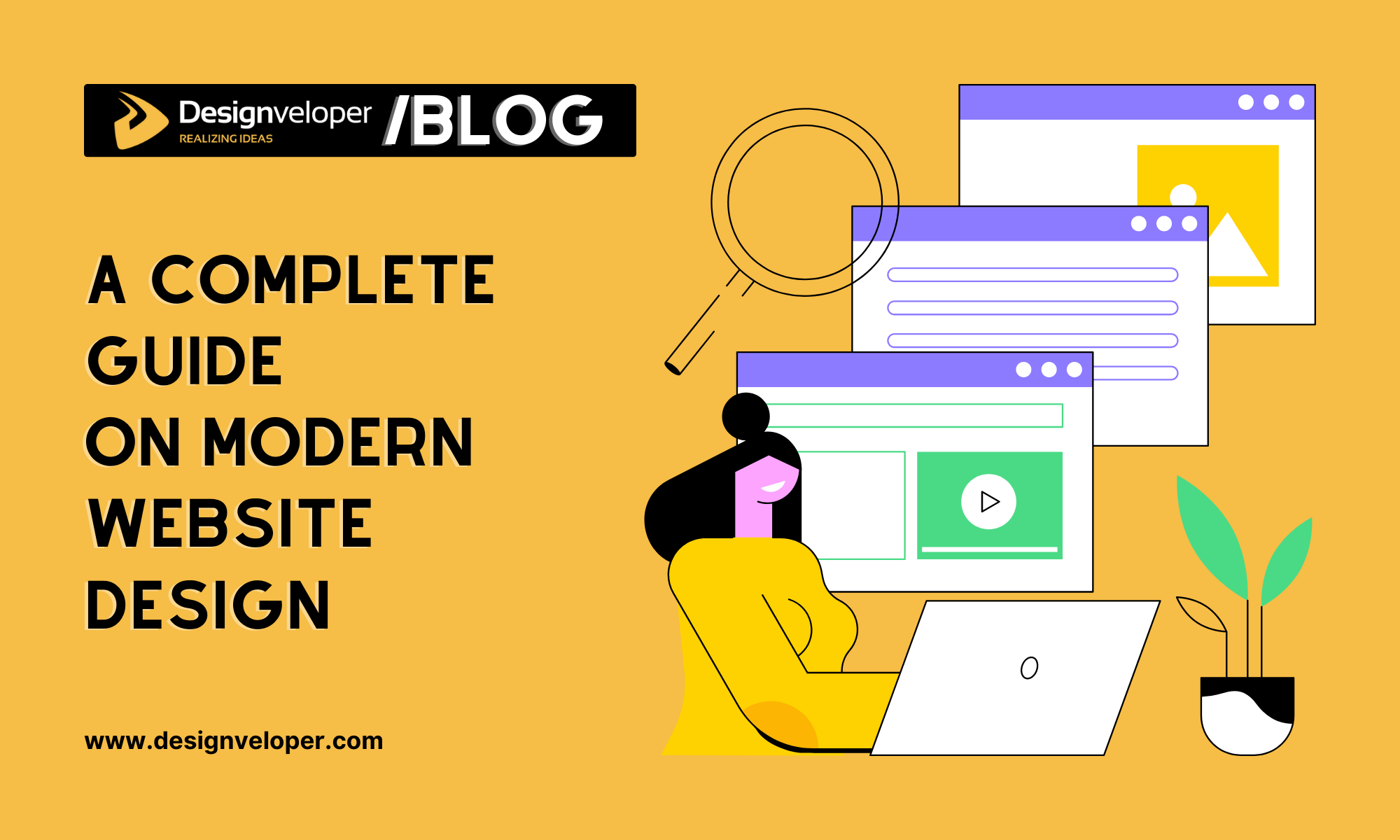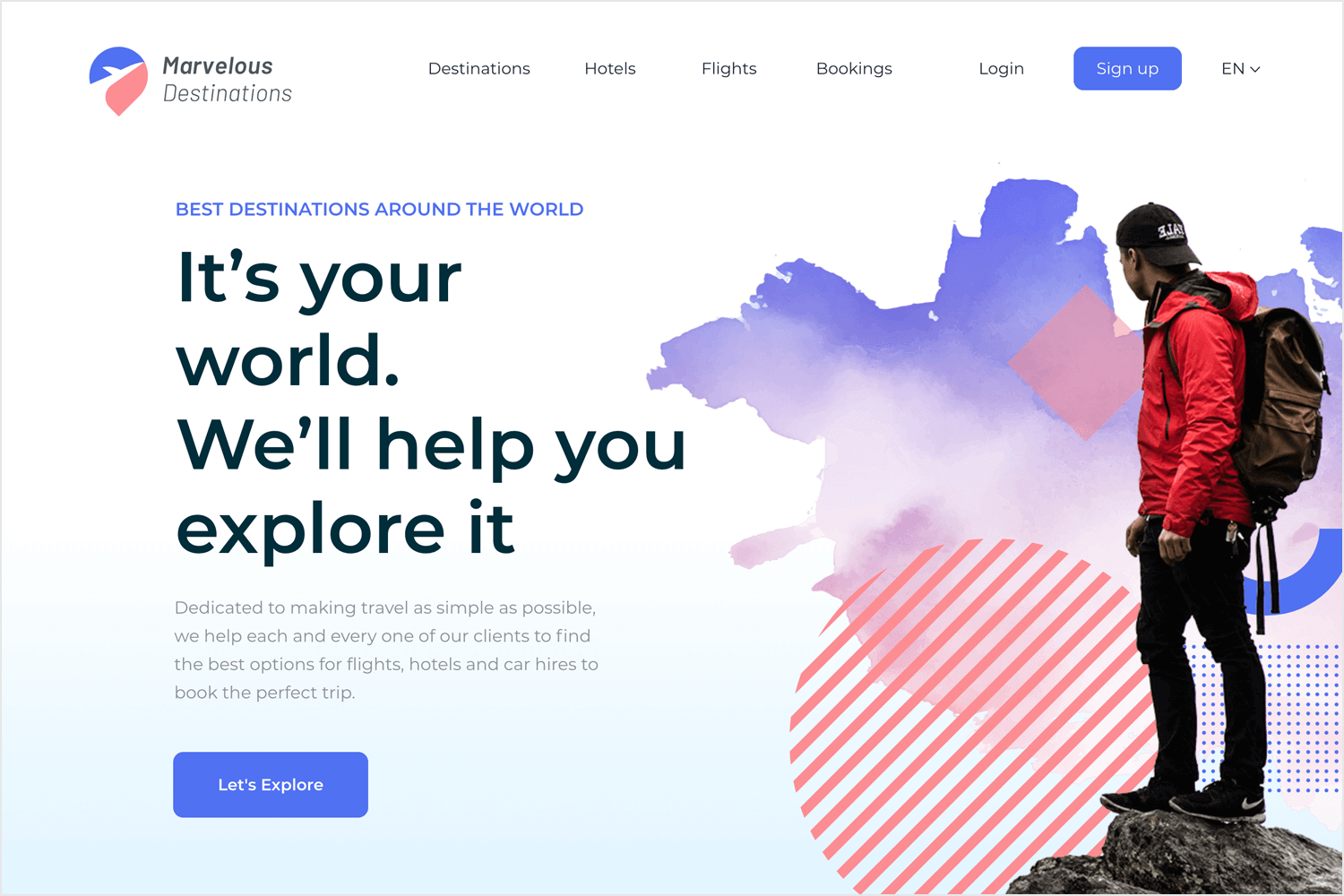Comprehending the Role of Responsive Layout in Modern Site Development
In today's digital landscape, responsive design is no much longer a deluxe but a need in web site development. The value of receptive design prolongs past user experience-- it is additionally a vital element in search engine optimization and availability.
Value of Responsive Layout
In today's digital landscape, the importance of receptive style in internet site development can not be overemphasized. Receptive design permits web sites to immediately readjust their design and functionality based on the display size and alignment of the gadget being used.
In addition, responsive layout is vital for search engine optimization (SEARCH ENGINE OPTIMIZATION) Internet search engine like Google focus on mobile-friendly internet sites in their search results page, indicating that a responsive layout can substantially impact a website's visibility and ranking. This optimization not just enhances the customer experience but additionally drives organic traffic and increases the potential for conversion and revenue generation.
Additionally, receptive style supplies services an affordable service by getting rid of the demand for numerous versions of an internet site. By improving web development procedures and reducing upkeep initiatives, business can designate resources extra effectively, inevitably causing boosted roi. Therefore, responsive layout is important in today's affordable electronic environment.
Crucial Element of Responsive Design
To efficiently apply receptive style, it is important to focus on numerous crucial elements that make sure optimal performance and individual experience across diverse devices. One of the basic components is the versatile grid design, which permits developers to develop liquid grids that automatically adapt to different screen sizes. This makes sure that web content keeps symmetry and readability, despite the device being utilized.

Furthermore, touch-friendly navigating is vital for receptive layout. Executing conveniently tappable buttons and instinctive gesture controls improves usability on touchscreen tools. Focusing on performance optimization is likewise vital, as it boosts packing times and minimizes bounce rates, particularly on mobile connect with variable rate.
Finally, using a mobile-first strategy makes sure that the design is originally maximized for smaller displays before expanding to accommodate desktop computers. This approach assures that necessary performance and looks are protected across all systems, inevitably improving the overall customer experience.
Effect On User Involvement
Responsive layout substantially influences individual interaction by improving accessibility and satisfaction throughout various gadgets. By ensuring that a site's layout adapts flawlessly to different display dimensions, responsive style enables customers to access material easily, whether they are using a desktop computer, tablet computer, or smartphone. This versatility lowers the need for unnecessary zooming or scrolling, offering a more intuitive and pleasurable surfing experience. As a result, individuals are most likely to remain on the site longer, check out additional web pages, and engage with the web content, every one of which are vital indicators of increased involvement.
Moreover, receptive style contributes to faster page filling times, which is vital for preserving individual rate of interest. Users are more likely to desert a website if it takes as well long to lots, specifically on smart phones. By maximizing performance for diverse systems, receptive design decreases filling hold-ups, keeping customers involved and reducing bounce rates.
Search Engine Optimization Conveniences of Responsive Design
While boosting user experience is a main objective, receptive layout also plays an important duty in boosting a web site's seo (SEO) Internet search engine, notably Google, focus on mobile-friendly internet sites, hence rewarding those that use seamless experiences throughout devices. Responsive layout ensures that a website adapts to various screen dimensions, getting rid of the requirement for separate mobile and desktop variations. This flexibility not only improves customer experience yet likewise minimizes the threat of replicate content, which can negatively affect search engine optimization rankings.
In addition, receptive style aids in faster page loading times, a crucial variable in search engine optimization. Online search engine favor internet sites that fill rapidly, recognizing that users are more probable to abandon websites that take too lengthy to present. By using receptive style, programmers can simplify and maximize pictures check here content, ensuring reliable filling and enhanced online search engine positions.
Additionally, a natural URL framework throughout tools streamlines the indexing procedure for internet search engine, enhancing crawl effectiveness. This uniformity in Links enhances a web site's authority and trustworthiness, bring about enhanced exposure in search results. In recap, receptive style is not just a fad but a basic element of search engine optimization strategy, ensuring internet sites are both user-friendly and internet search engine suitable.
Executing Responsive Layout Approaches
In the realm of contemporary web growth, executing receptive layout strategies is similar to crafting a functional canvas that adjusts effortlessly to numerous screen dimensions. An additional critical tactic involves utilizing media inquiries, which make it possible for developers to apply various designs based on the qualities of the gadget, such as height, resolution, and width.
Receptive images and media are also essential parts. By using methods like CSS media questions and the HTML 'image' aspect, programmers can serve suitably sized photos based on the user's device, optimizing load times and enhancing user experience. Additionally, the consolidation of liquid typography makes sure that text is readable and visually pleasing on any find this kind of display, accomplished through scalable systems like 'rem' and 'em'.

Final Thought
Responsive design constitutes an important element of contemporary site advancement, substantially boosting customer experience throughout a series of gadgets. By integrating versatile designs, scalable pictures, and touch-friendly navigation, it boosts user involvement and maximizes website efficiency. Receptive design is pivotal for Search engine optimization, as it lines up with search engines' preference for mobile-friendly websites, thus enhancing visibility and natural web traffic. Ultimately, implementing receptive design methods guarantees boosted access and use, rendering web sites more efficient and user-centric.
To effectively execute responsive style, it is crucial to focus on a number of key aspects that ensure ideal capability and user experience across diverse gadgets.Receptive style dramatically influences customer involvement by boosting availability and contentment throughout various gadgets. By making sure that a web site's design adapts effortlessly to various screen dimensions, responsive style permits customers to access content effortlessly, whether they are utilizing a smart device, desktop, or tablet .While improving individual visit experience is a main objective, receptive style likewise plays a critical duty in boosting a site's search engine optimization (SEARCH ENGINE OPTIMIZATION)Receptive style constitutes a crucial element of contemporary website growth, substantially improving individual experience across a range of gadgets.
Comments on “The Impact of Responsive Features on Your Website Design Success”